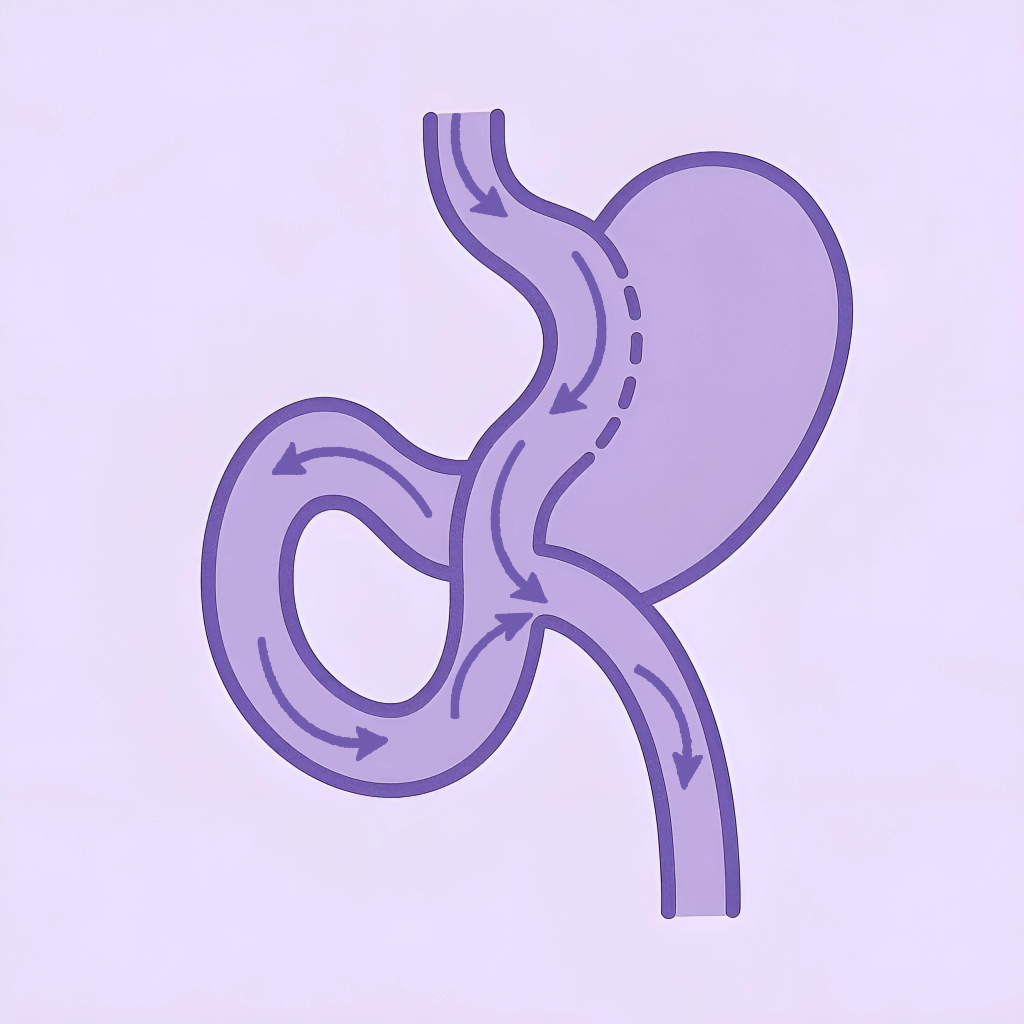Thyroid Surgery







Thyroid surgery is a procedure to remove part or all of the thyroid gland to treat thyroid disorders and cancer.
Overview
Thyroid surgery, or thyroidectomy, is performed to remove part or all of the thyroid gland, which plays a crucial role in hormone regulation and metabolism. This procedure is commonly used to treat thyroid cancer, large goiters, hyperthyroidism (overactive thyroid), or suspicious nodules that may be cancerous or cause breathing/swallowing difficulties.
Depending on the condition, the surgery may involve a partial thyroidectomy (removing only the affected part) or a total thyroidectomy (removing the entire gland). In some cases, nearby lymph nodes are also removed to prevent the spread of thyroid cancer.
When is Surgery Recommended?
Thyroid surgery is recommended for individuals with thyroid cancer, large goiters, or nodules that are suspicious or growing. It is also necessary when hyperthyroidism cannot be controlled with medication or radioactive iodine therapy.
This procedure is often chosen by patients experiencing difficulty swallowing, breathing issues, or cosmetic concerns due to an enlarged thyroid. In cases of thyroid cancer, surgery is the primary treatment to remove the tumor and prevent further spread.
Procedure Details
Thyroid surgery involves removing part or all of the thyroid gland while preserving nearby structures such as the vocal cords and parathyroid glands to prevent complications.
Anesthesia is administered for patient comfort.
A small incision is made in the lower front of the neck.
The affected portion of the thyroid gland is carefully removed (partial or total thyroidectomy).
Nearby lymph nodes may be removed if cancer is present.
The incision is closed, and post-operative monitoring begins.
Recovery
Recovery from thyroid surgery is usually quick, with most patients returning to daily activities within a week or two. Mild swelling, throat discomfort, and temporary voice changes may occur but typically improve within weeks.
We provide personalized aftercare, including pain management, voice monitoring, and follow-up tests to ensure proper healing. If a total thyroidectomy is performed, patients will require lifelong thyroid hormone replacement therapy to maintain normal hormone levels. Regular blood tests help adjust medication dosage as needed.
Have questions about your treatment?
Our team is available 24/7 with multilingual support.

Frequently Asked Questions
Find answers to common inquiries.
Need personalized support?
WhatsApp us for a quick response—we reply within minutes.
What types of surgeries does Dr. Gül specialize in?
Why choose Türkiye for surgical procedures?
What is the recovery time for most surgeries?
What bariatric procedures are offered at the clinic?
How much weight can I expect to lose after bariatric surgery?
What languages does Dr. Gül and his team speak?
Will I need to take supplements after bariatric surgery?
Does insurance cover these procedures?
Can I combine treatment with travel in Turkey?
What support is available after surgery?
Our Expertise

Sleeve Gastrectomy
Minimally invasive surgery for long-term weight loss with a simple procedure and no rerouting.

Mini Gastric Bypass
Simpler, less invasive gastric bypass for significant weight loss and diabetes control.

Gastric Balloon
A non-surgical, temporary option for moderate weight loss without permanent stomach changes.
Follow Dr. Gül on Instagram





